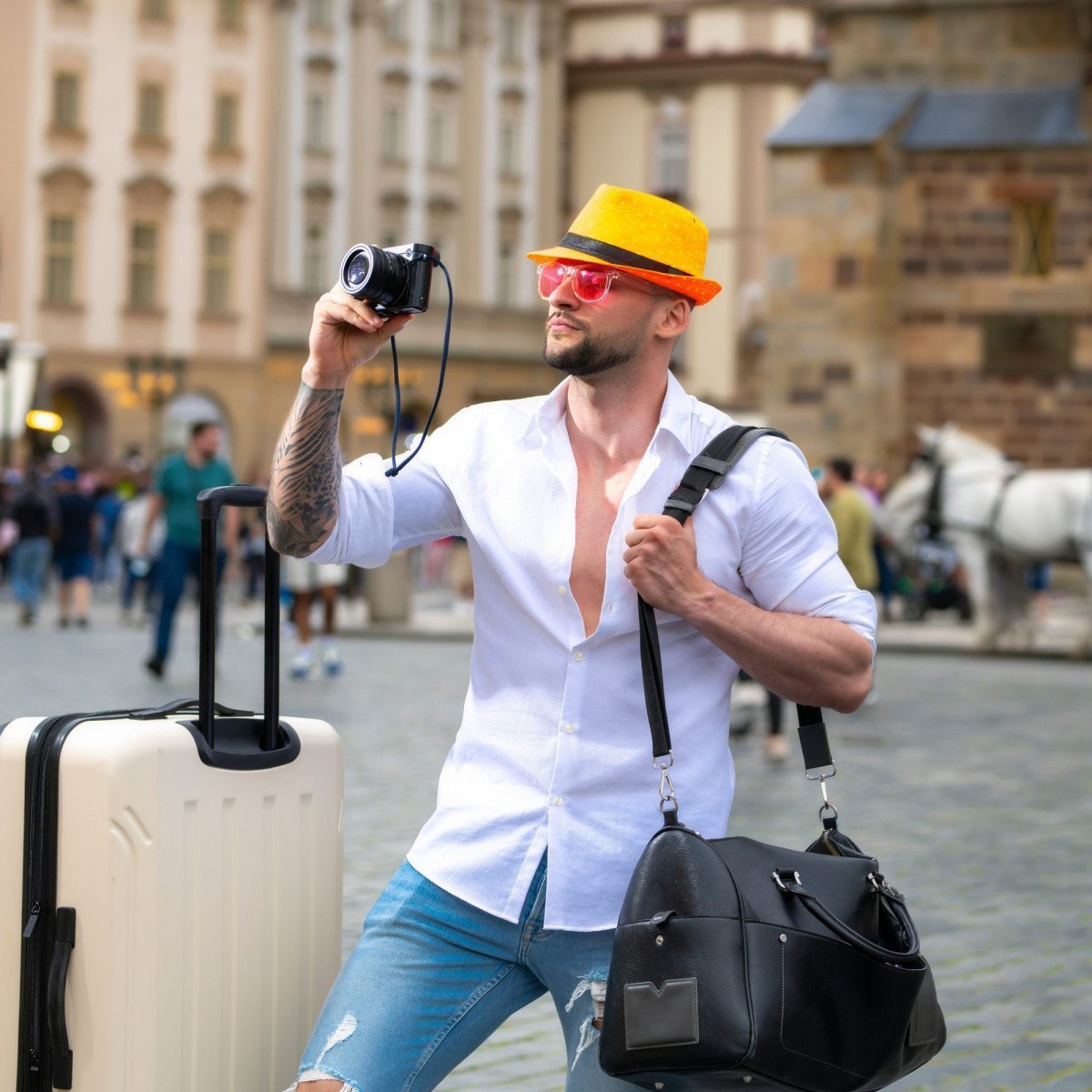There I was, camera in hand, at the vibrant and chaotic vegetable market of Marrakech. An elderly woman hummed a lilting tune while sorting dried figs; it was a spectacle, echoing centuries of tradition, practically begging to be captured in a frame. But I hesitated. Was it right to take her photo without consent?
How often have you found yourself in a similar situation while traveling? Locales teeming with human experiences make for great photographs but are often caught in the crossfire of ethical dilemmas. Did you know, according to a study, less than 40% of photographers always ask for permission before capturing people or their property?
Why Is Ethical Travel Photography Important?
Travel photography is more than just creating visually appealing records of our journeys. It’s about respecting local cultures, customs, and individuals’ privacy. Blackhawks might compellingly showcase people’s day-to-day lives or photograph iconic landmarks; however, without prior consent, it might be at the expense of others’ comfort and privacy.
Imagine being interrupted during a heartfelt family moment by invasive camera lenses pointing at you without permission. Feels unpleasant, doesn’t it?
So, how do we navigate this tricky terrain of maintaining decorum while not missing out on captivating shots?
Understanding Privacy and Consent
‘Asking or not asking?’ That is the question haunting many travel photographers. Privacy and consent are fundamental human rights that we should adhere to, even when our fingers itch to tap the shutter button. A simple nod or asking politely if they wouldn’t mind being in your frame can make a huge difference, both in the final image and the way you are welcomed in foreign lands.
Though consent isn’t a one-size-fits-all rule, there’s always a fine line. Consider public spaces and events, where people typically expect photographers to be present. Navigating these situations often requires a read of the room and an understanding of context. It’s a bit like a dance, really; a balancing act of empathy and creativity.
Respecting Local Laws and Customs
Did you know that taking photos of government buildings in some countries could lead you into legal troubles? Or that in some cultures, people believe that photographs can ‘capture their souls’?
Respecting local laws and customs is an integral element of ethical travel photography. Whatever your destination, take time to learn about the local views on photography before clicking away. Ignorance is never a valid excuse.
Imbedding Ethics into Your Photographic Practice
How do you embed these ethics into your photography routine? Start by taking a moment to reflect before clicking. Is the subject comfortable? Have you asked for permission, if necessary? Are you respecting local customs and laws? These questions can become a handy tool in your decision-making process.
Remember, the objective is not just to leave with beautiful pictures, but also to foster a culture of respect and consideration.
‘What about candid shots?’ You may ask. Yes, candid photography captures authentic moments, but it should never venture into the territory of voyeurism or exploitation. Again, these choices depend on context and your discernment. As my photography mentor once said, ‘Photography is as much a matter of the heart as it is of the eye.’
Respecting Privacy – A Shared Responsibility
Ultimately, respecting privacy and understanding consent in travel photography become shared responsibilities. We’re not only ambassadors of our art but also of empathy and mutual respect. In a world that’s always ready for its close-up, let’s ensure our cameras capture not just images but also uphold the dignity of those we frame.


0 Comment